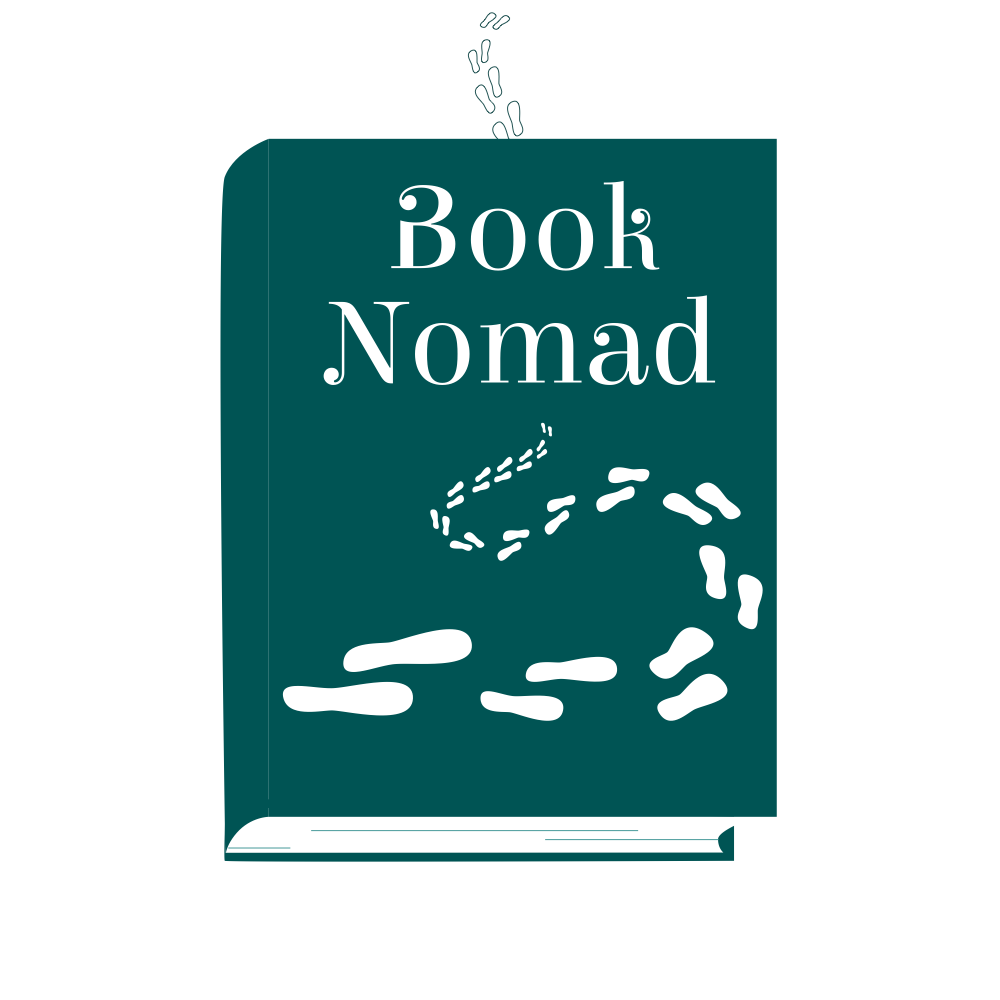 For those who want a so-called “impartial” view of the Palestinian situation, I don’t know if there’s a more fitting account for them than this book by a Maltese-American, non-Arabophone, non-religious, independent journalist. This 295-page book of 9 chapters of comics portrays Joe Sacco’s observations during a two month stay in the West Bank and Gaza in 1991 to 1992. I wasn’t quite sure what to expect when I started reading; it opens with Joe Sacco escaping the chaos of Cairo to his hotel where he joins two receptionists for tea and their financial and love life woes. Not what I expected! However, this sets the tone of the book which contextualises the political and economic in the everyday. His somewhat irreverent style, spiked with regular humour, irony, self-depreciation, and honesty, allows the reader to set aside preconceptions and just take it in.
For those who want a so-called “impartial” view of the Palestinian situation, I don’t know if there’s a more fitting account for them than this book by a Maltese-American, non-Arabophone, non-religious, independent journalist. This 295-page book of 9 chapters of comics portrays Joe Sacco’s observations during a two month stay in the West Bank and Gaza in 1991 to 1992. I wasn’t quite sure what to expect when I started reading; it opens with Joe Sacco escaping the chaos of Cairo to his hotel where he joins two receptionists for tea and their financial and love life woes. Not what I expected! However, this sets the tone of the book which contextualises the political and economic in the everyday. His somewhat irreverent style, spiked with regular humour, irony, self-depreciation, and honesty, allows the reader to set aside preconceptions and just take it in.
As he passes from one family to another, battling checkpoints and curfews, the stories of death, torture, army raids, insufficient facilities and all-round oppression keep on coming until it seems like they will lose meaning altogether. Somehow, though, the repetition of these stories, accompanied by tea, neighbours’ interjections and the beating down of rain on metal roofs, instead produces a gradual deeper realisation that these occurrences are everyday life for many Palestinians. At several points, he also states an opinion only to reconsider a couple of pages later after encountering someone or something new, demonstrating an open-mindedness and humility towards the truth. There were times at the beginning when I was a little taken aback by some of his subtle jokes at the expense of the Palestinians he was speaking to, but eventually I mostly came to appreciate the more  rounded picture of Palestinians that this created, rather than a romanticised, one-dimensional “victim” character. Alongside the struggles there also emerges another powerful theme: Palestinian hospitality. Joe Sacco deliberately portrays the bottomless tea, generous meals and the best accommodation available that he receives at every home, whether large furnished house or single room building in a refugee camp. All this comes together to produce an immersive and authentic experience.
rounded picture of Palestinians that this created, rather than a romanticised, one-dimensional “victim” character. Alongside the struggles there also emerges another powerful theme: Palestinian hospitality. Joe Sacco deliberately portrays the bottomless tea, generous meals and the best accommodation available that he receives at every home, whether large furnished house or single room building in a refugee camp. All this comes together to produce an immersive and authentic experience.
Although I didn’t entirely agree with some of the subtext due to Joe Sacco’s different attitude towards religion and there is occasional explicit language to be aware of, I feel this book is a significant contribution to Anglophone literature on Palestine. Not only does it offer a different perspective, it manages to draw the reader in until they are sitting right next to him on that sofa, drinking their fifth cup of sweet tea and wondering where Palestine will go from here.
Related resources
Other reviews of Palestine-related literature – Book Nomad


0 Comments